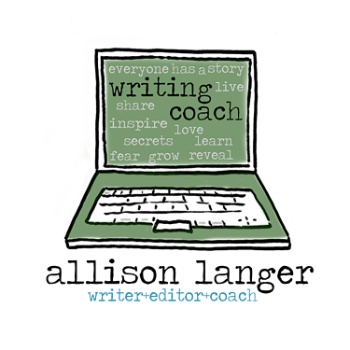Giulia Longo--Case Western
I want to be the Prime Minister of Italy.
I stand on a stool in the bedroom I share with my sister and deliver my speech:
“Good evening, fellow citizens. As the end of this electoral campaign approaches, I stand before you to renew my pledge in leading our beloved country toward an unprecedented era of wealth and progress.”
For the past two years, I’ve taught Italian at Centro Astalli, a non-government-funded center for refugees. This is where I met Farah, a 21-year-old girl from Libya. Before she found this center, she was living in a makeshift tent in Lampedusa, a tiny island dedicated to refugees. I taught her how to move around in Rome and basic sentences in Italian: Dov’è Via del Corso? Dov’è il bagno? After she learned a little Italian, she’d stay after class and we’d talk about jobs available to her. Unfortunately, most Italians were not welcoming to immigrants, so finding a good career might never happen. I didn’t have the heart to tell her that. That was the moment I realized my country could do more. I could do more.
“I pledge to lead with compassion and always be mindful of the people behind the policies.”
I created a student collective to advocate for social and civil rights. Members come together to challenge ideas, discuss current events, and highlight volunteer opportunities. Our collective organized two guest speakers: a gynecologist to discuss abortion and a psychologist to examine gender identity. Forty teachers supported our efforts. The administration did not. So, instead of a school sanctioned event, we formed a sit in. Three days later, speakers arrived, fifty teenagers sat on the sidewalk in front of our school and listened.
“I pledge to carry on civil battles with determination, listen to the people on the streets, and challenge social norms.”
The sit-in wasn’t successful. The students we wanted to reach were not there and we were not able to convince the administration of the benefit of addressing sensitive issues in school. This failure made me wonder what we could have done better to achieve our goal of bringing awareness to all students. Ernest Shackleton said, “The questions are always more important than the answers.” So this year we will ask questions. We will poll the students to understand whether sensitive issues are subjects they wanted to learn more about. This will create awareness and involve more people. We don’t know what the answers will be, but we’ll understand the opposition and refine our vision.
“I pledge to guide with a vast understanding of the present and a clear vision of the future.”
My sister was on her phone, clearly unimpressed. I was not deterred.
“I’d like to thank my alma mater for shaping me into the leader I’ve become. I would not have a complete view of the world and a vision for the future had I not attended college abroad. I nod to my professors and fellow classmates who challenged my idealistic modus operandi, showed me where I was too narrowly focused, and introduced me to leadership skills I can take with me on my journey. I am armed with tools to achieve social justice for all. I will use this knowledge as I move forward in my role as prime minister.”
I got down from my stool and my sister looked up from her phone. She grabbed the book off my nightstand, the one my mother has been begging me to read: Leadership by Henry Kissinger.
“I want to swear you in.”
My sister was mocking me, but I went along with it. I placed my left hand on the book and thought of Farah. Getting to know her and her struggles motivated me to advocate for social justice. Maybe this was a joke to my sister, but it wasn’t to me. I need to make a difference.
“I do solemnly swear to lead you, my beloved country.”
With the knowledge attainable through the very best education, I aim to turn my passion for activism and social justice into mature leadership skills and maybe even turn a stool into a podium.
